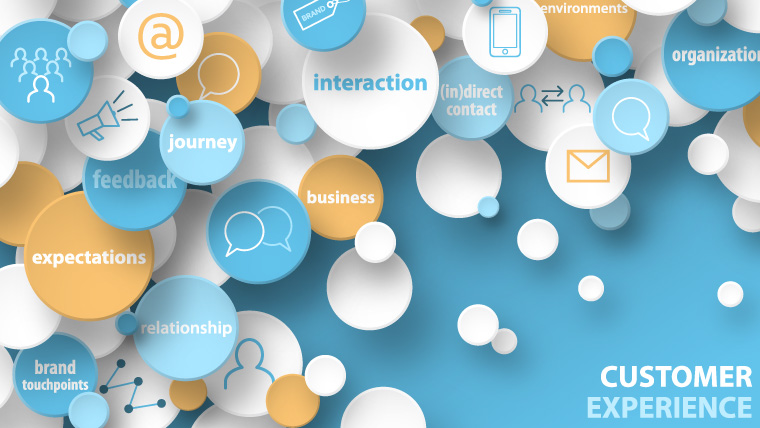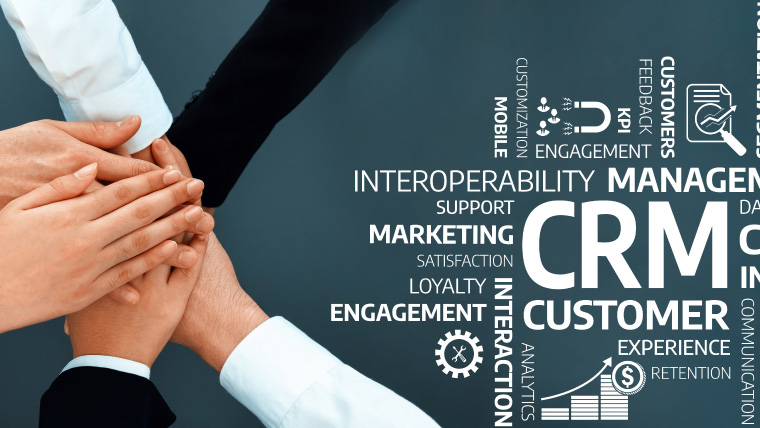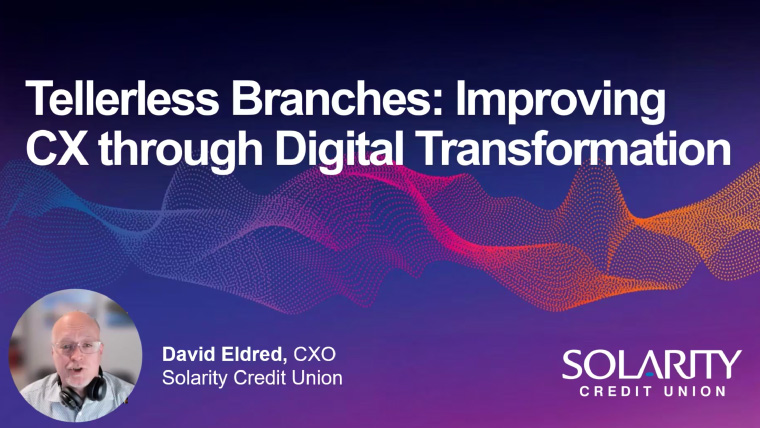I’ve had so many calls from frantic HR managers and executives about millennials, that it’s become routine. “Over-entitled, lazy, tech-obsessed, lacking dedication, impatient” are some of the typical complaints I get about the largest generation in U.S. history, who also happens to be “the most educated generation.” With the impact millennials are having on the rising costs of recruiting, hiring, onboarding, training, and attrition due to turnover, it’s no wonder that businesses are starting to worry. Many of us have been warning of the shift in values that millennials bring to the workforce for over 10 years. If you’re just starting to panic now, you’re behind the times! What’s more, millennials are about to become old-school. Yep, brace yourselves, because the next generation, Gen Z, is about to enter the workforce with a value system all their own. That means you’re going to have to adapt again — and quickly. Let’s explore the burgeoning data on Gen Z and get a heads up on how businesses can adjust to meet the needs of the newest members of our workforce, and thrive in a brand new business world.
Every generation has a unique impact on the workforce, both positive and negative. In order to get a handle on how the latest generation of workers will be different, Essentials LLC, in one of the largest studies of its kind, surveyed nearly 70,000 high school students. In the study, all students took an identical 200-item assessment that described key behaviors such as proactivity, endurance, self-control and follow-through. The study’s Gen Z subjects were compared to Baby Boomers surveyed at the same age using a similar methodology. Findings show that there are some striking differences in proactivity and exhibition scores that will have an impact on your business culture.
Shift in proactivity
Proactivity is associated with the drive for individual achievement, which predicts how much your workforce will focus on meeting goals and achieving promotions. For the past several generations, this score has been high, but according to the study, it’s substantially lower for Gen Z, which means these individuals are less driven and not as goal-oriented. While it may seem odd, that the most educated generation in history would score low in the proactivity category, there are logical reasons for this. Our educational system has shifted from focus on individual achievement to emphasizing and rewarding teamwork and cooperation. In addition to this our internet culture makes instant sharing and connectivity the norm. In the study, the Gen Z students who do the best in school are those with a balance of achievement-oriented behaviors (measured by proactivity, order, self-control, follow-through) and socially-oriented behaviors (measured by networking, change and exhibition).
In order to address this shift, your company will need to recognize that for Gen Z workers, the balance between social and achievement-oriented traits is highly regarded. Adapting your culture to take this fact into consideration, and use it to your advantage, will go a long way toward your continued success. I’m already hearing from many companies that shared decision-making and group-oriented achievement have emerged as traits for millennials. Expect this trend to gain even more momentum as Gen Z hits the workforce. Plan for your strategies- from incentives to performance-reviews to promotions to decision-making methods to leadership training to accommodate this shift in values.
Shift in exhibition
For Gen Z, the need for attention and to be seen, has grown substantially, compared to Baby Boomers surveyed at the same age. While this makes sense, given the selfie craze and the ability to always be virtually connected to friends and family, the impact on work culture will be significant. Imagine all of your employees needing the spotlight, constantly craving attention from their managers and peers. What’s even more interesting about this behavioral scale is that according to the study, when the need for exhibition is high among students, it negatively affects their GPA, indicating that this group will place less emphasis on achievement.
What this means is that we’ll likely have to return to the managerial methods of 20 years ago. The managers of today, since they’re managing mostly high-performers, have been given significant individual contributor responsibilities on top of their management responsibilities. With the advent of Gen Z, who are demonstrably less achievement-oriented, we’ll need real “managers” who spend most of their jobs actually managing employees.
The silver lining
With the continual improvement in productivity over the past few decades, we have come to expect high output from nearly every employee, but is this necessarily a good thing? With individual achievement as the core competitive advantage within organizations, we do see negative fallout. Employees are stretched thin. Stress and stress-related illness is rampant. The shifting values from millennials and Gen Z, can actually be a balm to what is likely an unsustainable trajectory for our businesses. We will no longer be able to rely on individual achievement as the core factor for getting things done. Leaders will need to learn how to be more collaborative, share decision-making, give attention to their employees and coach them to become more productive. We will likely see a shift to a more supportive work environment, with full-time coaches within organizations and more managers who spend most of their time managing, rather than contributing individual work. Are you ready for Gen Z? How will you need to adapt?
Editor’s Note: This article originally appeared on Entrepreneur.com
Michael O. “Coop” Cooper is an internationally recognized executive coach, advisor, facilitator and trainer who specializes in working with executive teams to develop the leadership skills, alignment and strategies to grow and thrive in a constantly changing environment. Coop has 23 years of experience as a coach, management consultant, strategist and project leader with Fortune 1000 companies and small businesses in over 20 countries. He has worked with leaders at Accuray, eBay, Genentech, Google, Novell, Sony Computer Entertainment America, Southwest Airlines, TeleNav,Wells Fargo, Yahoo, Yammer and hundreds of other organizations large and small.



